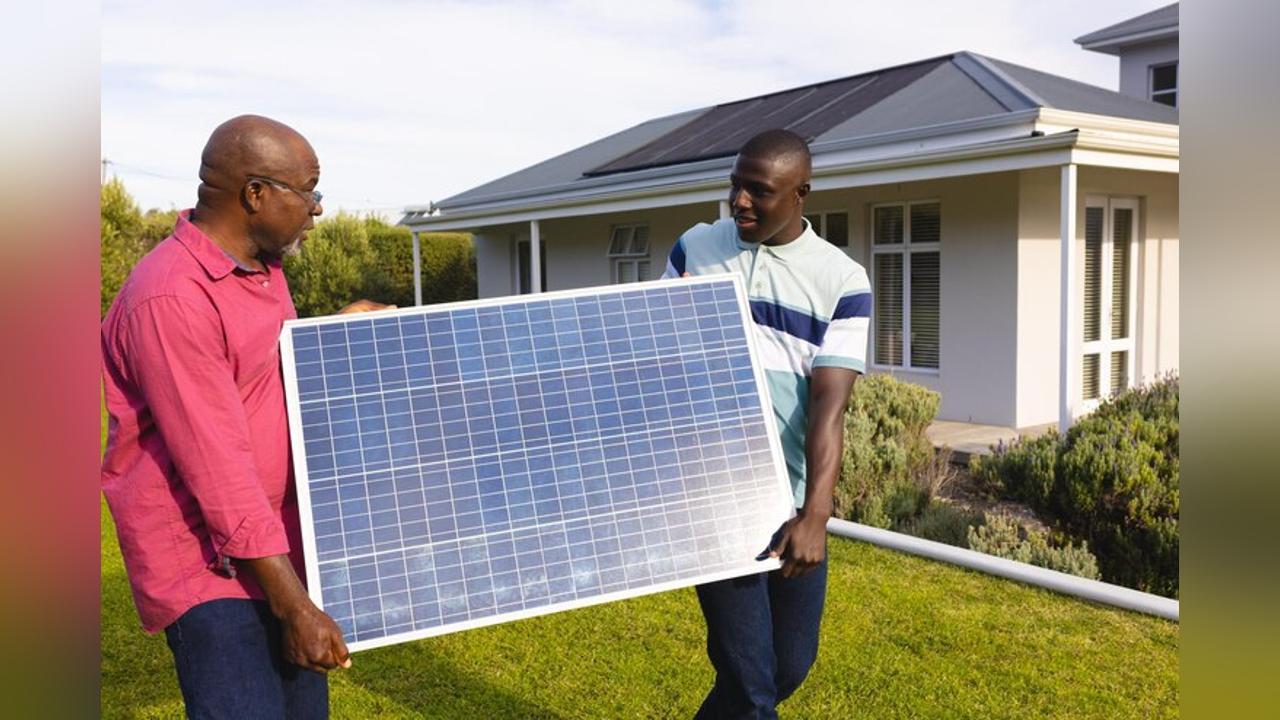Africa-Press – Botswana. Access to electricity remains a challenge for many rural households in Botswana. Solar energy leasing offers an affordable and practical solution, providing clean, reliable power without the high upfront costs of purchasing solar systems. Leasing models allow households to benefit from modern energy while improving living standards and supporting sustainable development.
Solar leasing programs provide households with solar panels, batteries, and sometimes appliances such as lights, radios, or small refrigerators. Instead of paying the full cost of the system, families pay a fixed monthly fee that is often lower than traditional energy expenses. This approach reduces financial barriers and makes solar energy accessible to low-income households.
Leasing companies typically handle installation, maintenance, and monitoring. This ensures systems operate efficiently and reduces the burden on households. Technical support is critical, especially in remote areas, as it minimizes downtime and extends the lifespan of equipment. Some programs also provide training on basic system care, empowering households to manage their energy needs effectively.
The benefits of solar energy leasing extend beyond cost savings. Reliable electricity improves access to education, healthcare, and communication. Children can study after dark, clinics can store vaccines, and households can charge mobile phones. Solar power also reduces dependence on kerosene, candles, or firewood, improving indoor air quality and reducing environmental impact.
Government incentives and partnerships with private companies have expanded leasing programs in Botswana. Subsidies, tax breaks, and grants lower the cost of systems for providers and make leasing models more viable. Collaborations with microfinance institutions allow households to pay through flexible, manageable installments.
Leasing also supports local economic development. Companies often employ technicians, trainers, and sales agents from local communities. This generates jobs and develops skills in renewable energy technology, creating a workforce that can maintain and expand solar access across rural areas.
Challenges include ensuring affordability for the lowest-income households, maintaining equipment in harsh conditions, and educating users on energy management. Successful programs address these issues through flexible payment plans, robust technical support, and community engagement.
Solar energy leasing offers a practical path to electrification for rural households in Botswana. By lowering upfront costs, providing maintenance, and improving access to essential services, leasing programs empower communities, enhance livelihoods, and support sustainable energy growth in rural areas.
For More News And Analysis About Botswana Follow Africa-Press






